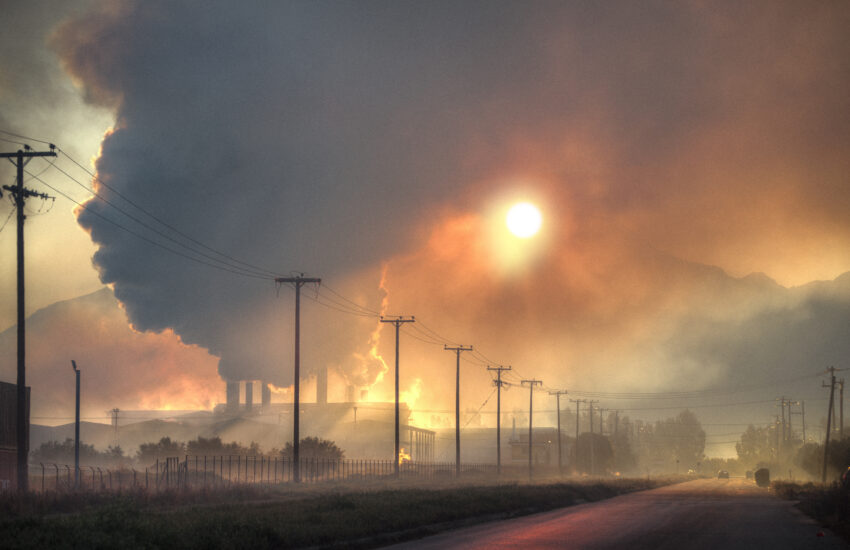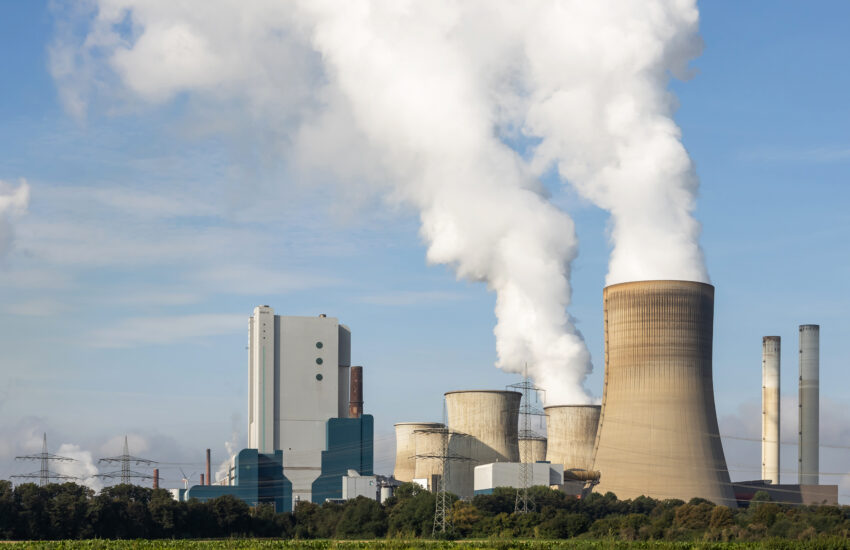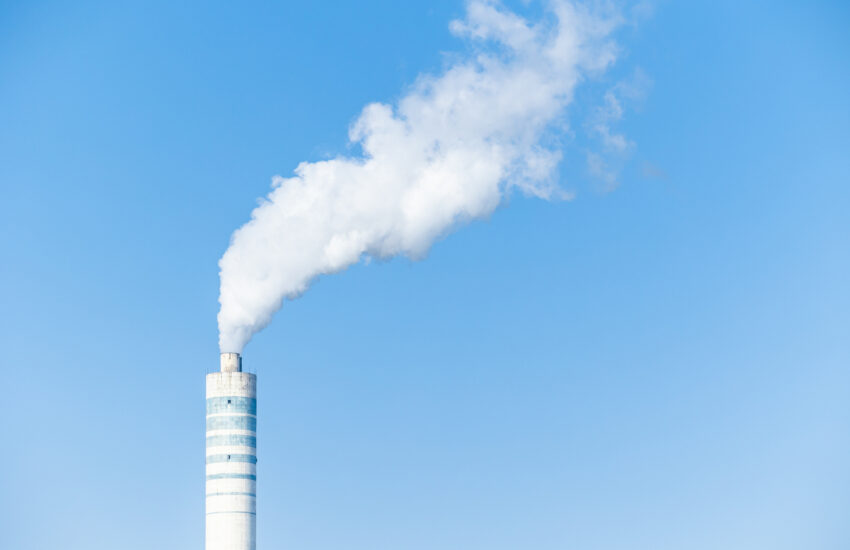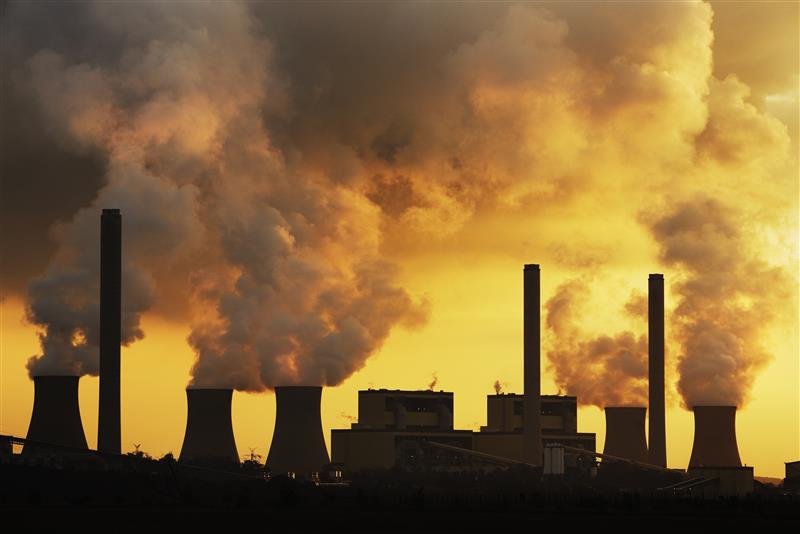At the beginning of this year, ELM forecasted that 2025 would be a big year for the National Environmental Policy Act (previously covered by ELM here), and so far, our prediction continues to ring true.
In the latest NEPA news, the Council on Environmental Quality (CEQ) published a notice in the Federal Register announcing the withdrawal of its interim guidance on “Consideration of Greenhouse Gas Emissions and Climate Change” in NEPA reviews, effective May 28. The CEQ determined this interim guidance, which was previously …
Continue Reading









